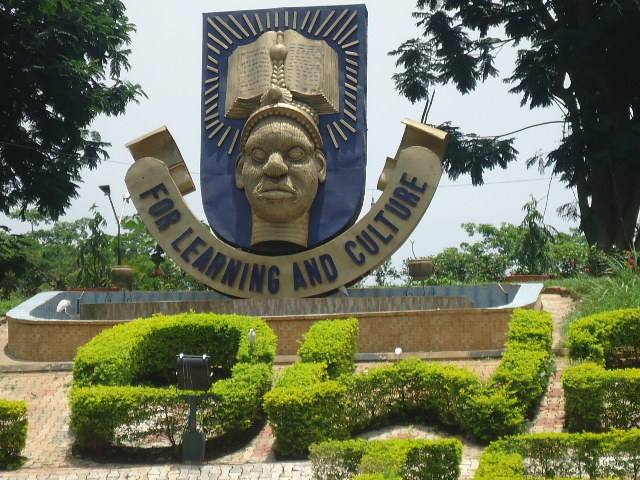The Chairman of the Fiscal Responsibility Commission (FRC), Mr. Victor Muruako, has raised serious concerns over the structural weaknesses in the Fiscal Responsibility Act, 2007, stating that the legislation contains 54 offences without a single corresponding sanction.
He described this legal gap as a critical flaw that undermines the Act’s intended purpose of promoting fiscal discipline and accountability in Nigeria’s public financial management.
Mr. Muruako made this assertion during the Conference on Public Accounts and Fiscal Governance, jointly organised by the Senate and House of Representatives Public Accounts Committees.
The event took place at the Transcorp Hilton Congress Hall, Abuja, and brought together policymakers, legislators, and fiscal governance stakeholders to deliberate on strategies for strengthening public accountability mechanisms.
“The absence of sanctions for these offences indicates that the Act was never meant to be implemented with utmost seriousness,” he said.
He called for a comprehensive review and amendment of the Fiscal Responsibility Act to incorporate enforceable penalties that will deter financial misconduct and enhance compliance.
Also speaking at the event, Chairman of the House Committee on Public Accounts, Representative Bamidele Salam, emphasized the importance of robust fiscal oversight mechanisms in driving sustainable development and restoring public confidence in governance.
He noted that while progress has been made in some areas of financial reporting and control, significant gaps remain in enforcement and institutional accountability.
Representative Salam reaffirmed the commitment of the National Assembly to strengthen the legislative framework guiding public finance.
He called for closer collaboration between oversight bodies, audit institutions, and fiscal agencies like the FRC to ensure that public funds are managed effectively, transparently, and in accordance with the law.
“This conference marks a renewed commitment to institutional reforms that will safeguard Nigeria’s financial future,” he stated.
The Fiscal Responsibility Commission, established under the Fiscal Responsibility Act, 2007, is an agency under the Presidency with a core mandate to ensure prudent, transparent, and timely financial management in line with Nigeria’s constitutional economic objectives. It plays a pivotal role in enforcing fiscal discipline through monitoring and oversight of government revenue, expenditure, and debt practices.
Key statutory functions of the Commission include:
* Monitoring and enforcing compliance with provisions of the Fiscal Responsibility Act;
* Promoting the adoption of international best practices in public expenditure, revenue collection, debt control, and fiscal transparency;
* Conducting fiscal and financial studies, and disseminating findings to the public;
* Issuing rules and guidelines to support the implementation of its mandate.
Mr. Muruako emphasized the urgent need for legislative and institutional reforms to empower the FRC to fulfill its constitutional role effectively.
He also reaffirmed the Commission’s commitment to supporting the National Assembly in its oversight functions and in building a more accountable fiscal governance system for Nigeria.
The conference served as a high-level platform for discussing fiscal governance challenges and reaffirming the collective commitment of stakeholders to strengthen Nigeria’s public finance architecture.






